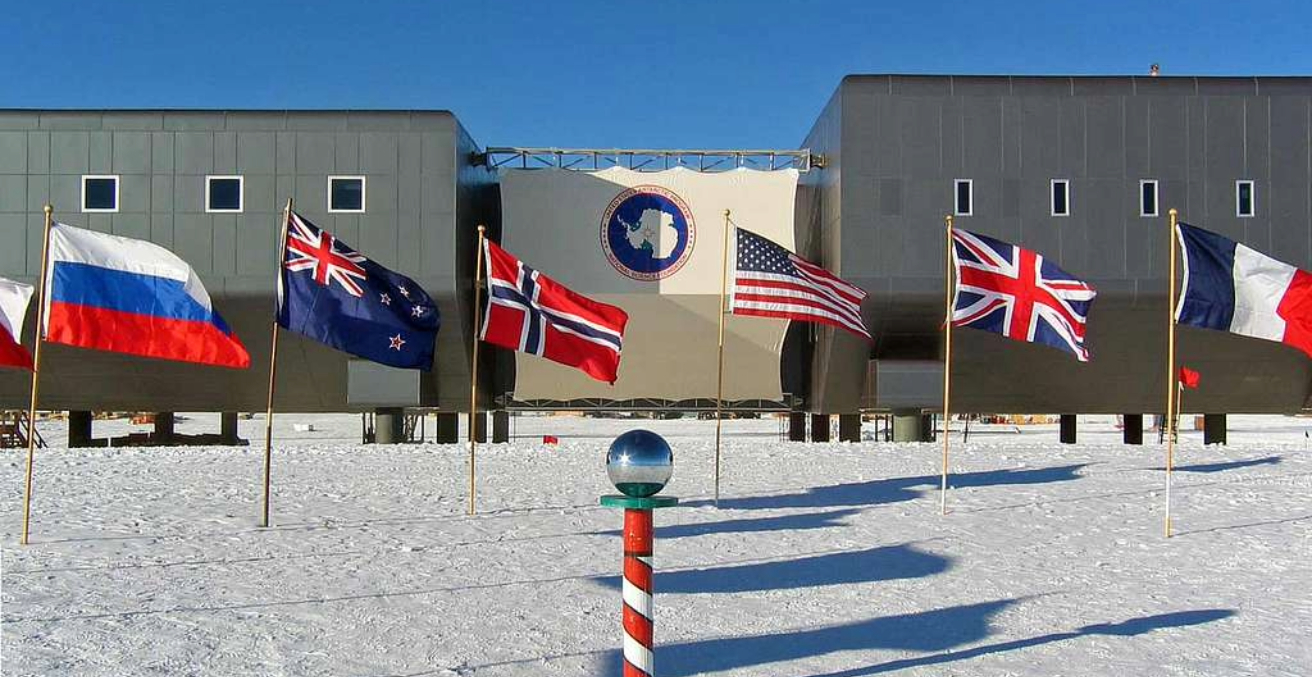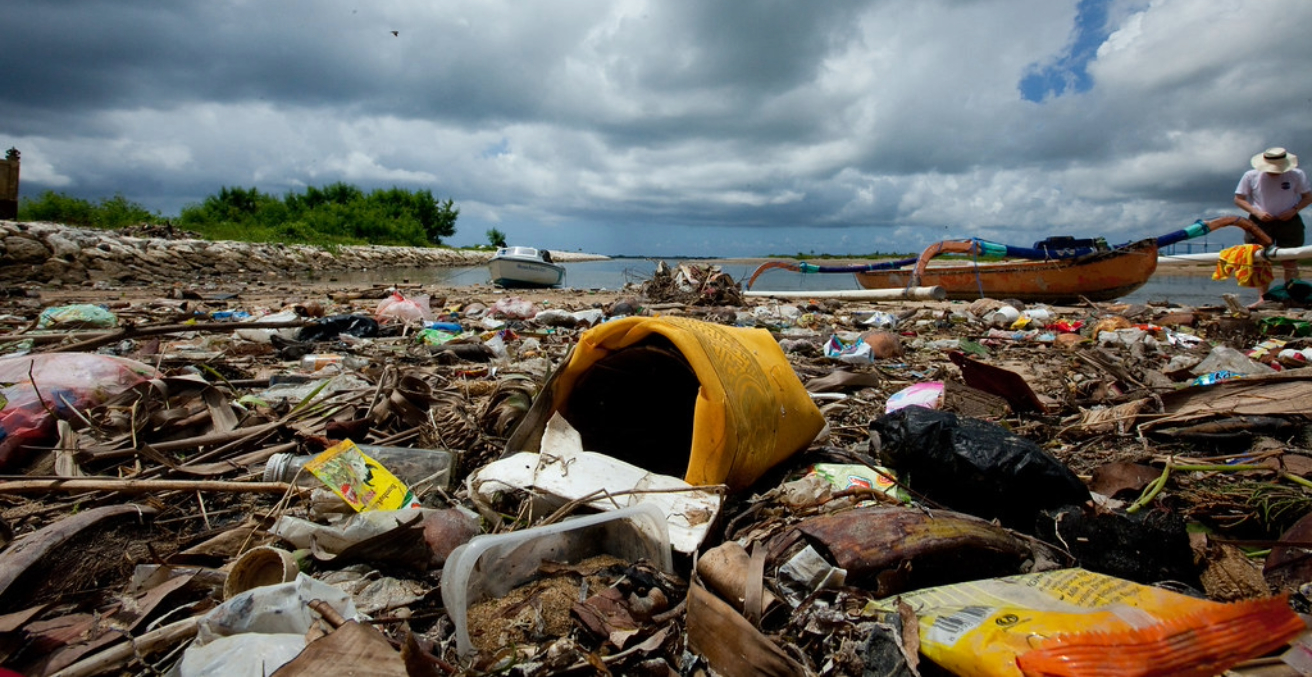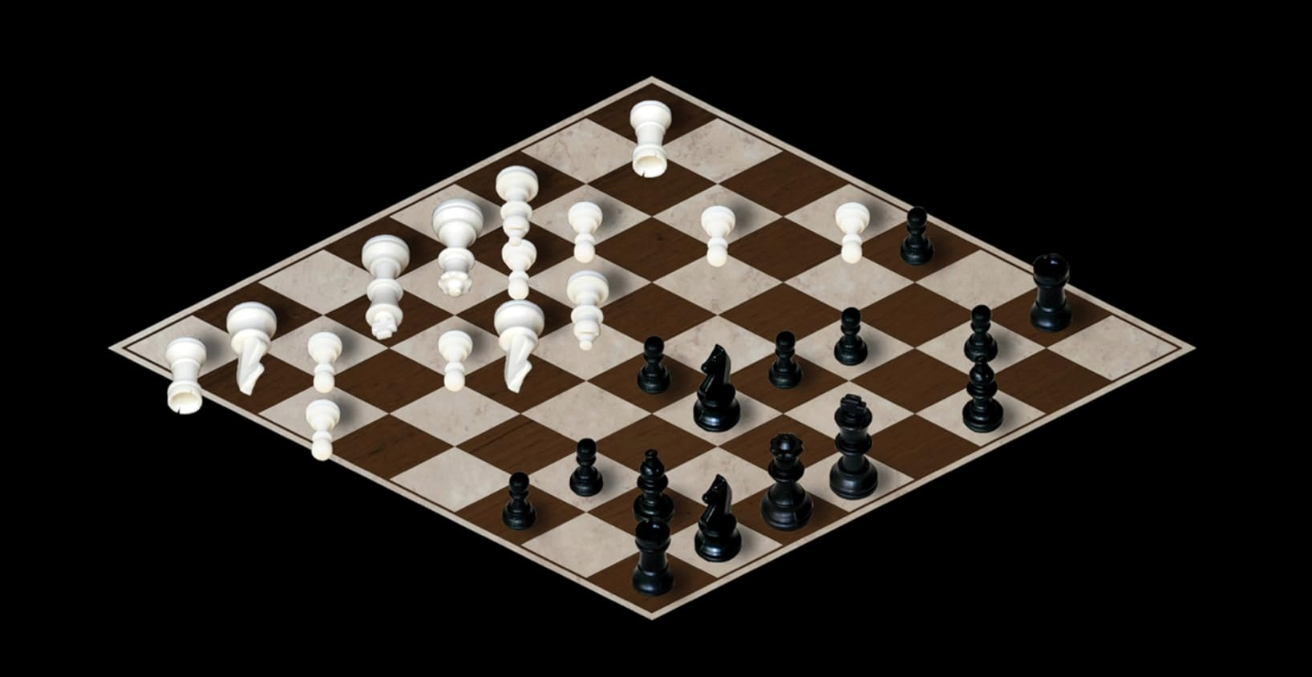As Donald Trump’s new tariffs threaten to destabilise Southeast Asia’s economies, Indonesia faces a critical choice between quiet diplomacy and bold global leadership. By following China’s example and taking its case to the UN, Jakarta can defend not only its economy but the very principles of international trade justice.
When Donald Trump’s administration reimposed sweeping tariffs on 2 April, 2025—calling it “Liberation Day”—the world was dragged once again into a chaotic trade war, with Southeast Asia among the hardest hit. While Vietnam, Cambodia, and Laos were dealt tariff hikes of up to 49 percent, Indonesia, the region’s largest economy, faces a 32 percent blow to its exports to the United States (US), its second-largest trading partner.
Indonesia’s response thus far has been cautious and conciliatory. Jakarta is pursuing back-channel diplomacy, reviving bilateral trade talks, and offering increased imports of US goods. But these efforts—while well-intentioned—are too modest for the magnitude of the threat. If Indonesia truly wants to defend its economic sovereignty, preserve global trade rules, and protect the integrity of multilateralism, it should follow China’s lead and bring its case to the United Nations (UN).
Just days after Trump’s tariff salvo, China delivered a forceful letter to the UN General Assembly, condemning the United States for abusing tariffs and violating World Trade Organisation (WTO) rules. In its submission, China described Washington’s behaviour as “economic bullying,” “unilateralism,” and a threat to the global economic order. More than a rhetorical protest, the move was a calculated step to internationalise the issue and rally diplomatic pressure against America’s disruptive trade tactics.
Indonesia should take note—and do the same.
Despite a relatively modest trade surplus with the United States, Indonesia is still being punished by tariffs that disproportionately harm its textile, electronics, and footwear sectors. These are industries that collectively employ millions of Indonesians and now face collapse under exacerbated US protectionism. Already in 2025, over 18,000 workers in the textile and garment industries have been laid off—a harbinger of more economic pain to come if Indonesia does not act decisively.
As we suggest, Indonesia is not powerless. It possesses moral, legal, and diplomatic leverage. With a trade surplus of just US$16.8 billion—one-tenth the size of Vietnam’s—it is clear Indonesia is not the primary target of Trump’s economic campaign. This makes its inclusion under punitive tariffs even more unjustifiable, and ripe for challenge at the multilateral level.
By taking the matter to the United Nations, Indonesia can shift the frame from a bilateral trade dispute to a question of international justice. It can align itself with a growing bloc of countries, including China, the European Union, and much of the Global South, that are resisting US economic coercion. Indeed, Indonesia’s voice carries weight. As a G20 member, a leader in the Association of Southeast Asian Nations (ASEAN), and a non-permanent member of the UN Security Council in recent years, Indonesia is well-positioned to mobilise global opinion and advance a rules-based alternative to Trump’s zero-sum approach.
Critics may argue that Indonesia should avoid antagonising Washington. After all, President Prabowo Subianto’s administration has chosen diplomacy over confrontation. Coordinating Minister for Economic Affairs, Airlangga Hartarto, has called the US a “strategic partner,” and the government has already sent formal letters to the US Trade Representative and the Secretary of Commerce outlining its willingness to reform.
But diplomacy and multilateralism are not mutually exclusive. On the contrary, raising the issue at the UN would strengthen Indonesia’s negotiating hand by showing that it is willing to stand up for itself and for the rules everyone else claims to support. Doing so would also serve as a moral reminder to the international community that trade wars have human costs, especially for developing nations.
Moreover, the WTO system itself, while imperfect, still provides a framework for dispute settlement that the United States is increasingly sidestepping. In this context, the United Nations becomes one of the few global platforms left where economic injustices can be aired, debated, and countered with collective pressure.
China understands this well. By formally submitting its complaint to the UN, Beijing reframed the tariffs not just as a domestic issue, but as a global one—about the erosion of multilateral norms, the perils of protectionism, and the weaponisation of trade policy. Indonesia should not shy away from echoing this message. It doesn’t have to match China’s tone, but it should match China’s courage.
The goal is not to provoke the United States, but to protect Indonesia’s legitimate interests and ensure that the world does not return to the fragmented and isolationist trade environment of the 1930s. Economic nationalism may serve electoral cycles, but it does lasting damage to global cooperation and development.
Indonesia, long a champion of multilateralism—from its leadership in the Non-Aligned Movement to its key role in ASEAN—has both the legacy and legitimacy to act. Trump’s tariffs are more than a trade measure; they are a challenge to the international system itself. Indonesia must meet that challenge not just in back rooms in Washington, but on the world stage in New York.
The United Nations is not a perfect institution. But it remains the only platform where the voices of large and small nations alike can be heard on equal footing. By taking the issue there, Indonesia would demonstrate its commitment to fairness, rules, and international cooperation—and encourage others to do the same.
History will not remember who negotiated the best deal in the next 90 days. It will remember those who stood up when the international order was under attack.
Dr Muhammad Zulfikar Rakhmat is a researcher at the Center of Economic and Law Studies. His research focuses on China-Indonesia-Middle East relations. Yeta Purnama is a researcher at the Center of Economic and Law Studies.
This article is published under a Creative Commons License and may be republished with attribution.




